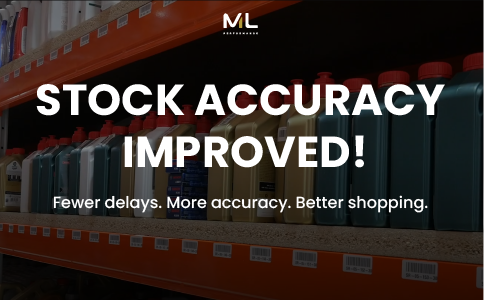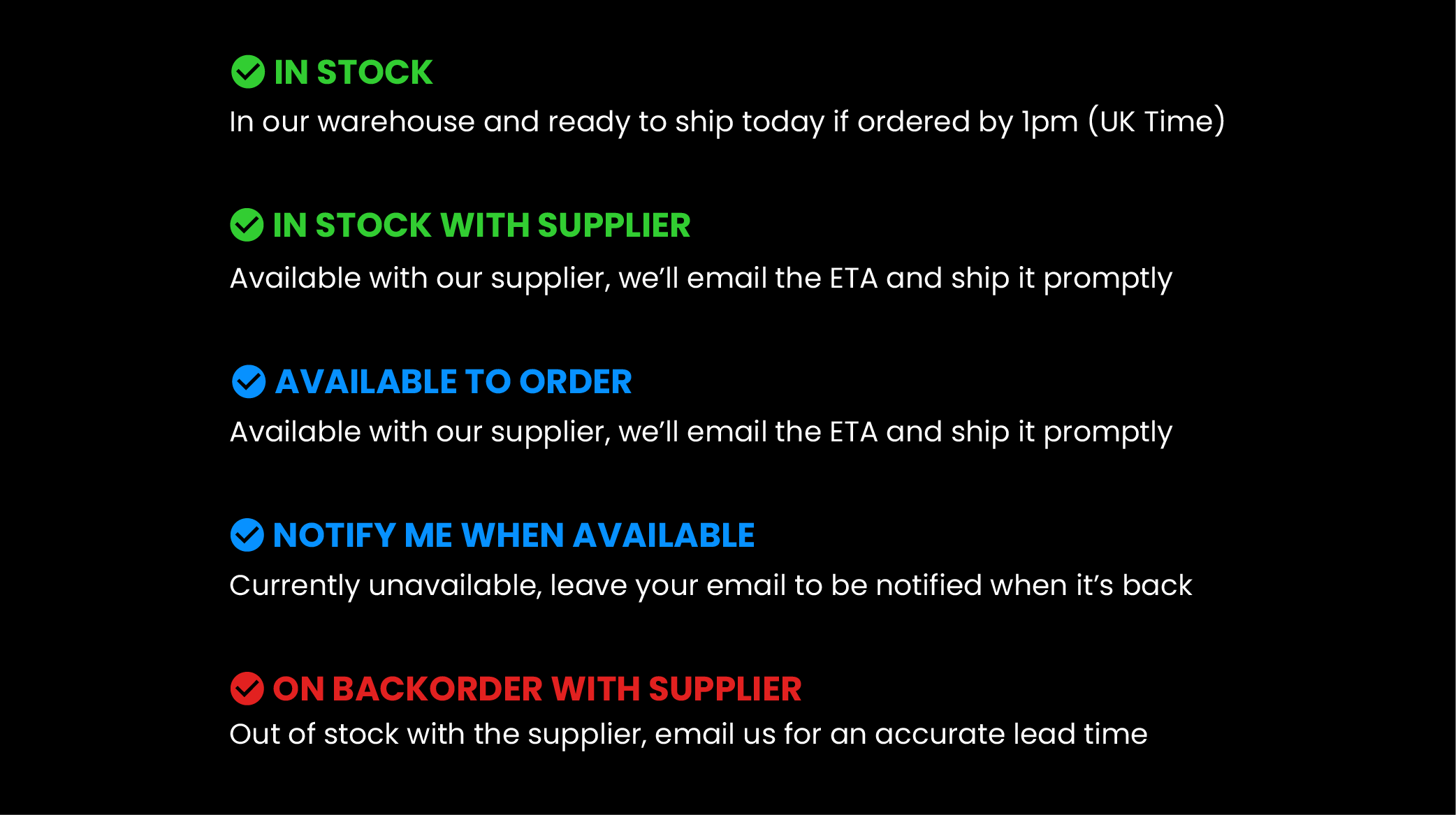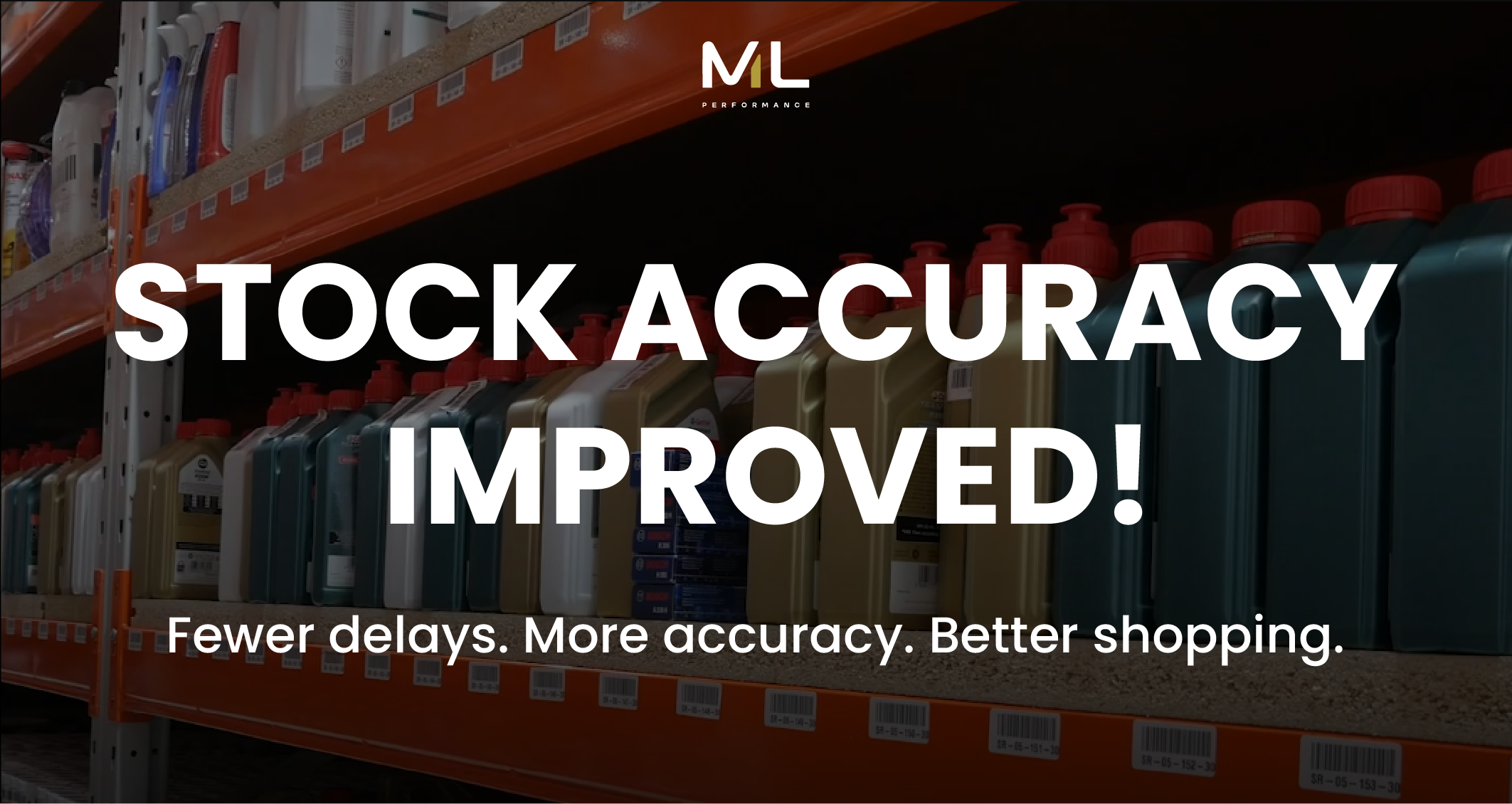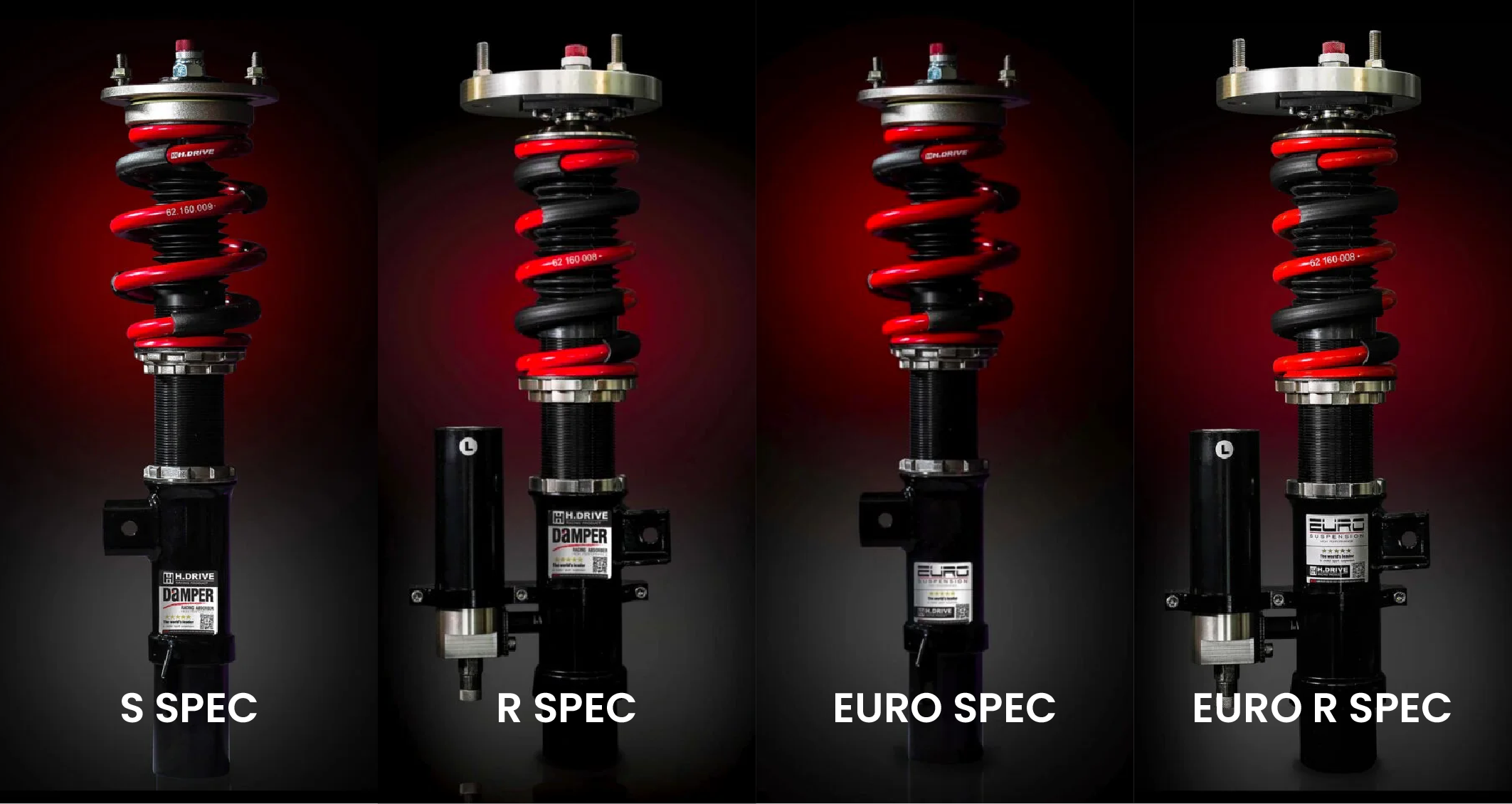Fuel injectors play a vital role in keeping your engine running smoothly, ensuring the right amount of fuel is delivered for optimal combustion. But over time, deposits from fuel residue can build up, leading to inefficiencies, higher fuel consumption, and even performance issues. That’s where fuel injector cleaners come in—but do they really work? And how do you use them effectively? Let’s dive in.
What Is A Fuel Injector Cleaner?
A fuel injector cleaner is a specially formulated additive designed to remove carbon deposits, varnish, and other residues from your vehicle’s fuel system. These cleaners contain solvents that dissolve these deposits, allowing them to be burned off during combustion without leaving additional buildup behind. The best part? They’re incredibly easy to use—simply pour them into your fuel tank, and they get to work as you drive.
The most effective fuel injector cleaners typically contain high-quality detergents such as Polyisobutylene (PIB), Polyether Amine (PEA), and Polyisobutylene Amine (PIBA). PEA is particularly powerful in breaking down stubborn carbon deposits, while PIB helps remove gum and varnish. PIBA, on the other hand, is useful for dispersing moisture in the fuel system, preventing rust and corrosion.
Some lower-end injector cleaners use solvents like toluene (found in paint thinners) and acetone (similar to nail polish remover), which may not be as effective. Investing in a high-quality cleaner ensures better results and long-term protection for your fuel system.
Why Use A Fuel Injector Cleaner?
Over time, fuel injectors can become clogged, leading to poor engine performance. This issue is especially common in older vehicles and for drivers who frequently make short trips, as these journeys don’t allow moisture to evaporate from the fuel system properly. Here’s why using a good car injector cleaner can make a difference:
-
Restores Engine Performance – Clogged injectors disrupt the optimal air-fuel mixture, causing sluggish acceleration and reduced power. A quality cleaner helps clear blockages and restore performance.
-
Improves Fuel Economy – A clean fuel system ensures your engine burns fuel efficiently, reducing fuel consumption and saving you money at the pump.
-
Reduces Emissions – Carbon buildup can lead to incomplete combustion, resulting in higher emissions. A cleaner fuel system means a lower environmental impact and a better chance of passing MOT or emissions tests.
-
Prevents Engine Misfires – Deposits on injectors can cause inconsistent fuel delivery, leading to misfires. Regular cleaning with fuel injection system cleaner helps to maintain smooth engine operation.
-
Protects Your Engine – Some premium injector cleaners help remove moisture, reducing the risk of rust and corrosion in your fuel system.
How To Use Fuel Injector Cleaner
Using a fuel injector cleaner is straightforward, but following the correct steps ensures you get the best results. While the process is similar for both petrol and diesel engines, diesel engines require specific formulations and concentration levels.
-
Choose the Right Cleaner – Ensure the cleaner is suitable for your fuel type. Some products are designed for both petrol and diesel, while others are fuel-specific. If you’re looking for a petrol injector cleaner, make sure it’s formulated for gasoline engines.
-
Check the Instructions – Each product has its own recommended dosage. Typically, you’ll need to add one full bottle per fuel tank, but always read the label for precise measurements.
-
Fill Up Your Tank – It’s best to pour the cleaner for fuel injectors into an almost-empty fuel tank before refuelling. This helps mix the cleaner evenly with the fuel.
-
Drive as Normal – The cleaner works as you drive, breaking down deposits and improving injector performance. For best results, use it before a long journey or highway drive.
-
Repeat as Needed – Some experts recommend using an injector cleaner every 3,000 to 5,000 miles, while others suggest less frequent use depending on driving habits and fuel quality.
For diesel engines, be sure to use a diesel-specific injector cleaner, as diesel fuel systems require different detergents to break down soot and carbon buildup effectively. Diesel injector cleaners also help maintain turbocharger efficiency and prevent issues related to soot accumulation.
Is Fuel Injector Cleaner Worth It?
The short answer? Yes—if you choose the right product and use it correctly. While results may vary, most drivers notice smoother performance, better fuel economy, and even regained power, particularly in older vehicles. However, be mindful of overuse—diesel engines, in particular, can be sensitive to certain additives. Stick to high-quality cleaners and follow your manufacturer’s recommendations.
For those with carburettor-based engines (pre-1990s models), fuel injector cleaners won’t be effective, as these vehicles require different maintenance products.
Final Thoughts
Fuel injector cleaners offer an affordable way to maintain your engine’s health and efficiency. While they’re not a miracle cure, they can help prevent costly repairs and keep your vehicle running at its best. If your car has lost power, struggles with fuel efficiency, or produces excessive emissions, a high-quality fuel injector cleaner could be the simple solution you need.
Looking for the best fuel injector parts and cleaner? Check out our range of fuel injector products to keep your engine in peak condition!
While below shows some of our top-selling fuel injector cleaner!






















